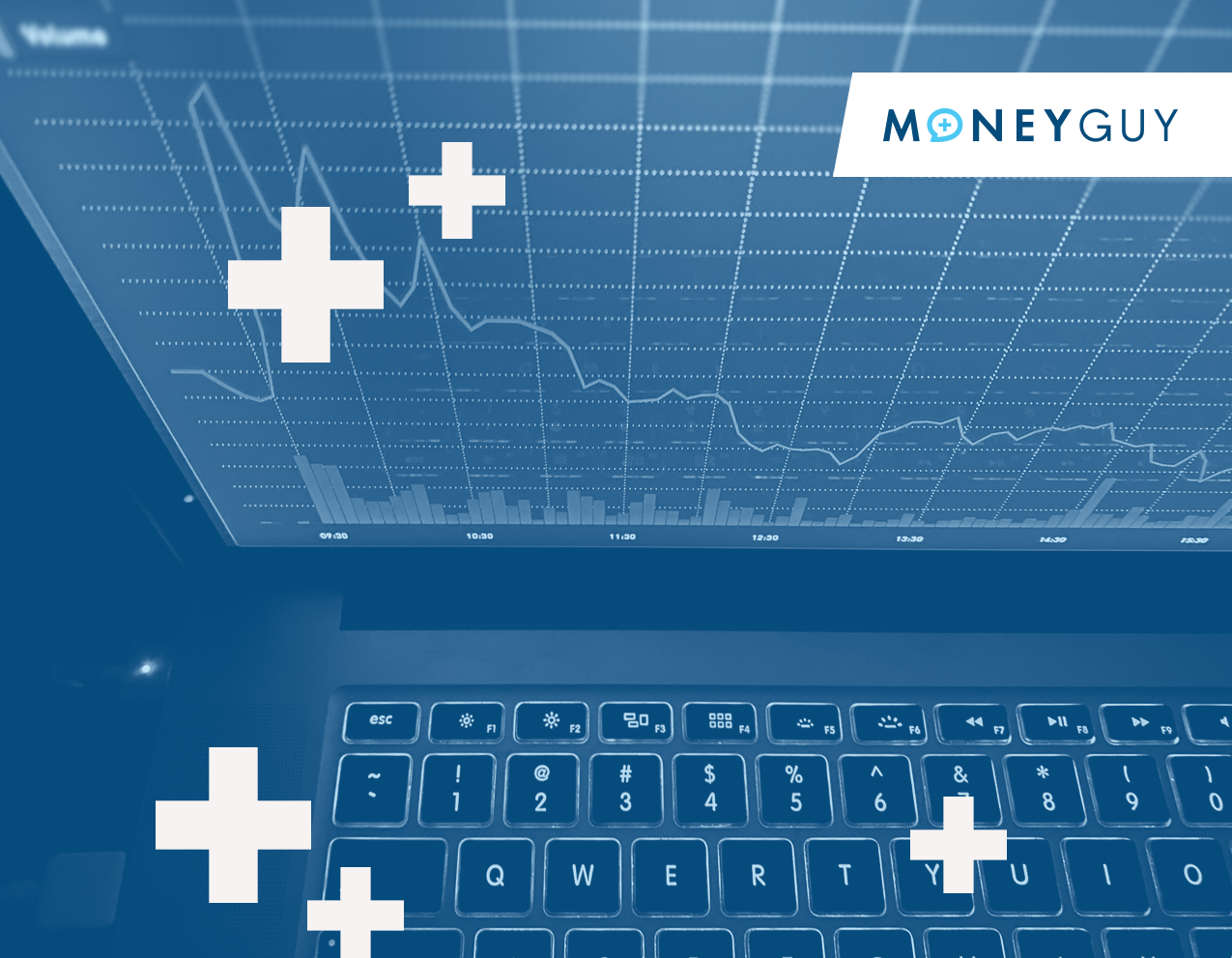
Change your life by
managing your money better.
Subscribe to our free weekly newsletter by entering your email address below.

Subscribe to our free weekly newsletter by entering your email address below.
This week’s show comes from two of my favorite newsletters, Consumer Reports’ Money Adviser and Kiplinger’s Retirement Report These publications are great and I thoroughly enjoy reading them each month. The three topics I’m going to cover today are some of the best bargains that have happened as a result of the recession plus some buying tips, the increase in litigation against brokers and money managers and why the process might not be as easy and straight forward as you think, and then I want to close out by reminding you that part of reaching financial independence is optimization.
So it comes as no surprise that the economy is cyclical by nature. There are periods of expansion and there are periods of contraction. What you may not realize is that the nature of being a consumer is also cyclical. Just as the best time to begin investing is during a trough in the economic cycle, the best time to purchase big-ticket items occurs in the trough of a consumer cycle. In the June issues of Consumer Reports’ Money Adviser, the cover story was
The article explains that if your finances are in good shape, now may be the time to make those purchases of big ticket items that you have been putting off. The article walks through buying tips for: televisions, automobiles, travel, digital cameras, homes, major appliances, clothing, cell-phone service, furniture, gas grills, desktop computers, and fitness equipment.
Some highlights to listen for include using online shopping bots (PriceGrabber.com), watch for seasonal sales, determine what and how much you truly need, and make sure you know all costs including ongoing maintenance. Another strategy to save some extra bucks that I LOVE is haggling. But just like dating, this takes a good technique to be successful. Listen for some of these tips:
The second article I found particularly interesting comes from Kiplinger’s Retirement Report. It is titled
. This article explains that over the last 12 to 18 months, arbitration and litigation hearings against brokers and money managers have increased. The process isn’t as easy as you may think, however. To win a claim, you must show the broker engaged in some misconduct. Simply picking poor investments won’t win the case. As you listen , I will also share a personal story of a client whom I tried to assist in an arbitration hearing and realized first hand that the process wasn’t as straight forward as I thought it would have been.
To close out the show, I want to remind you that this recession has taught us many things. The one thing you will notice that I have been harping on is keeping adequate cash reserves. I want to remind you, however, that just because you have cash reserves, you shouldn’t have to necessarily forego all growth. This is what I meant earlier by optimization. I’ve already told you about online savings accounts (FNBOdirect.com or Dollarsavingsdirect.com), but I also think you should know about online checking accounts. There is a really great website, CheckingFinder.com, that will allow you to search for institutions nearby that offer high yield checking. These accounts pay high rates on balances up to a certain limit set by the institution. When I did a search on my zip code here on the south side of Atlanta, there was one bank 31 miles away that will pay 4.5% on the first $50k and then 1.25% on amounts above $50k. Another institution 33 miles away offers 4.18% on the first $50k and then 1.01% above that. To qualify for these rates you must meet certain requirements that vary by institution. Generally, you must use your debit card 10-15 times per month (this could be for gas, groceries, etc.), receive direct deposits (could be set up to come from your paycheck of even another account at a different institution), and get your statement by email.
Remember, please, only implement these strategies if they make sense for your specific situation. There is a fine line between optimization and micro-managing. A $1,000 high yield checking account may not be worth the effort.
If you REALLY want to go beyond common sense, you should check out our free resources.
As always we love to hear your thoughts and feedback. If you really like what we’re doing, drop us a line on iTunes. Every positive comment helps!
Subscribe on these platforms or wherever you listen to podcasts! Turn on notifications to keep up with our new content, including:


8 Questions to Ask Your Financial Advisor
These 8 questions will help you know for sure! Whether you’re looking for a new advisor or you’re already working…
View Resource
5 Healthy Ways to Deal with Investment Uncertainty
Fear is a powerful emotion that can hinder your ability to take action on your finances, but it can also…
View Resource
Financial Order of Operations®: Maximize Your Army of Dollar Bills!
Here are the 9 steps you’ve been waiting for Building wealth is simple when you know what to do and…
View Resource
What To Do When the Stock Market Is Down
Read MoreHow To Prepare for a Bear Market in 2025
Read MoreHow Will the Next President Affect the Stock Market?
Read More

How about more sense and more money?
Check for blindspots and shift into the financial fast-lane. Join a community of like minded Financial Mutants as we accelerate our wealth building process and have fun while doing it.




It's like finding some change in the couch cushions.
Watch or listen every week to learn and apply financial strategies to grow your wealth and live your best life.
Subscribe to our free weekly newsletter by entering your email address below.